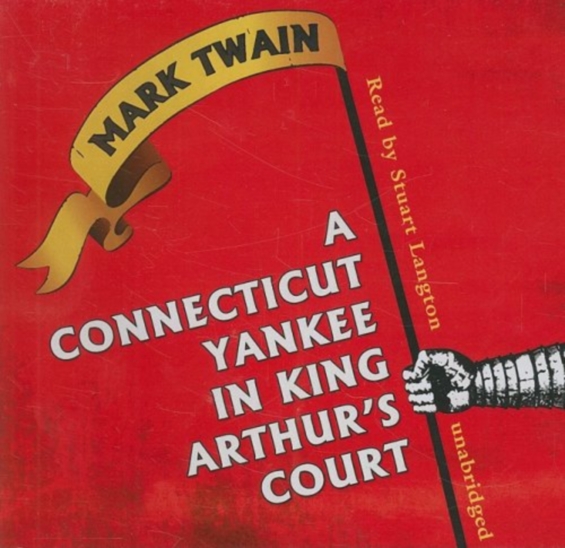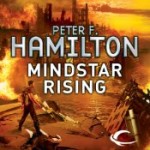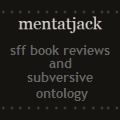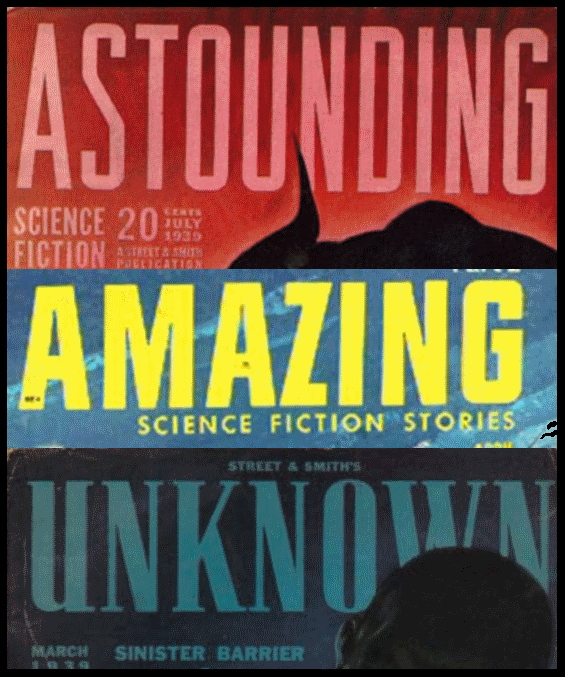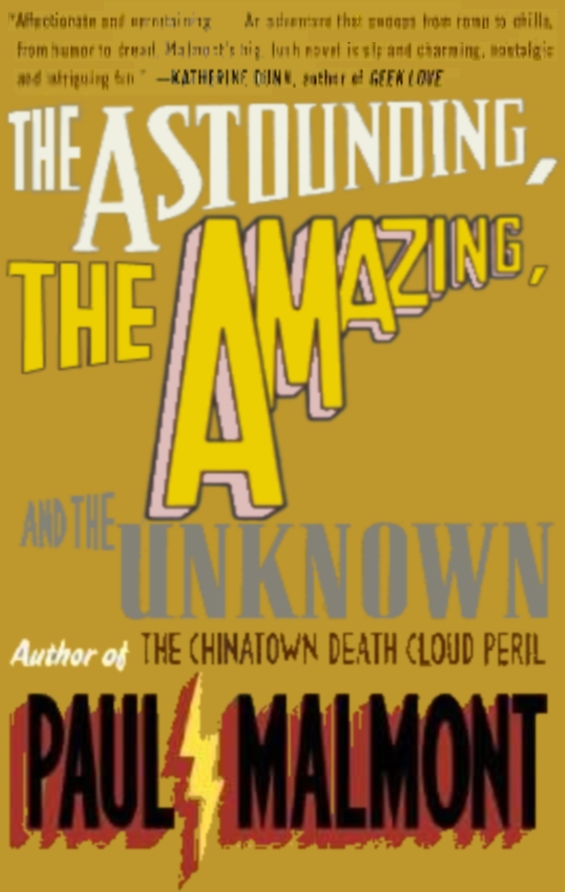
 Episode #152 of The Science Fiction Book Review Podcast is a discussion of Isaac Asimov’s The End Of Eternity. It’s also a follow-up to the previous time travel episode (#151). Luke and I discuss the book and related time travel tales.
Episode #152 of The Science Fiction Book Review Podcast is a discussion of Isaac Asimov’s The End Of Eternity. It’s also a follow-up to the previous time travel episode (#151). Luke and I discuss the book and related time travel tales.
|MP3|
Podcast feed: http://www.sfbrp.com/?feed=podcast
Discussed on the show:
A Connecticut Yankee In King Arthur’s Court by Mark Twain, a flexible chronology, Luke’s first Isaac Asimov review for SFBRP, Robert A. Heinlein, Nightfall by Isaac Asimov (and Robert Silverberg) is bad, Isaac Asimov has ideas to spare, the Wikipedia entry for The End Of Eternity, “what clever idea can I use, in time travel, that hasn’t been used before”, time loops, time barriers, “are you your own grandpa?”, Poul Anderson’s time corps, bureaucracy, how does time travel work?, time travel is discovered, eternity is a place outside of time, powering a time travel technology is easy if you can time travel, The Time Machine by H.G. Wells, the “kettle”, Ray Bradbury’s A Sound Of Thunder, A Gun For Dinosaur by L. Sprague de Camp, time lords?, Adjustment Team by Philip K. Dick, Back To The Future, remembering the works of culture and developments in realities that no longer exist, 13 different versions of the complete works of William Shakespeare, the academic background of professorial jockeying, are there two different endings for The End Of Eternity?, being outside of time, “the outside of the inside of eternity”, the malleability of reality through time travel, a limited butterfly effect, the inertia of history, killing Hitler, William The Conqueror vs. King Harold Godwinson, Genghis Kahn’s descendants, computers (the vocation) vs. computers (the devices), technicians don’t get any respect, “They feel an unspoken collective guilt which causes them to scapegoat the ‘Technicians’, the experts who actually execute Reality Changes by doing something that will alter the flow of events.”, a caste system, Minding Tomorrow by Luke Burrage, making changes by setting your mind to it, Bill And Ted’s Excellent Adventure, Harlan is a bit of a dim bulb, Demolition Man, time travel as a secret (paralleling magic as a secret), The Accidental Time Machine by Joe Haldeman, mutable realities, the grandfather paradox, unmanipulated reality, alternate history, Sidewise In Time by Murray Leinster, later Heinlein novels, unrestricted freedom in multiple realities can be extremely disheartening, Groundhog Day, infinite universes are boring, By His Bootstraps by Robert A. Heinlein, All You Zombies by Robert A. Heinlein, making a knot out of your own timeline, giving a young William Shakespeare a copy of The Complete Works Of Shakespeare, motherless objects and motherless ideas, giving your younger self an object (or advice), multiple timelines, “if that’s possible then that’s not possible”, time traveller’s convention, BoingBoing’s time travelers (I and II), European Juggling Convention 2003, Time Travel #2 Advanced Time Travel Techniques, Paradoxes For Beginners, Harlan Ellison, Murder At The ABA by Isaac Asimov, Darius Dust (dry as dust), Tales Of The Black Widowers, sexism, women are not suitable time travelers, an apocryphal tale of the Obamas, energy bodies, sending a message from the past to the future, you have an energy body but paper magazines?, a future vs. the future, The Door Into Summer, Escape Pod’s recording of All You Zombies, Asimovian characters, The End Of Eternity is about Earth, House Of Suns by Alastair Reynolds, something so big and so mind bogglingly complex, SFFaudio Podcast #073 George R. Stewart’s Earth Abides, “Gregg Margarite and that other guy (Jesse) are losers”, batshit theories, Eric S. Rabkin, Adam and Eve, fairy tales, sex, “the unconscious does exist”, Luke’s original fiction, “we do these podcasts for ourselves”, interesting bullshit, Luke’s Creative Podcast (with Gregg Margarite), “make your own podcast if you don’t like one.”

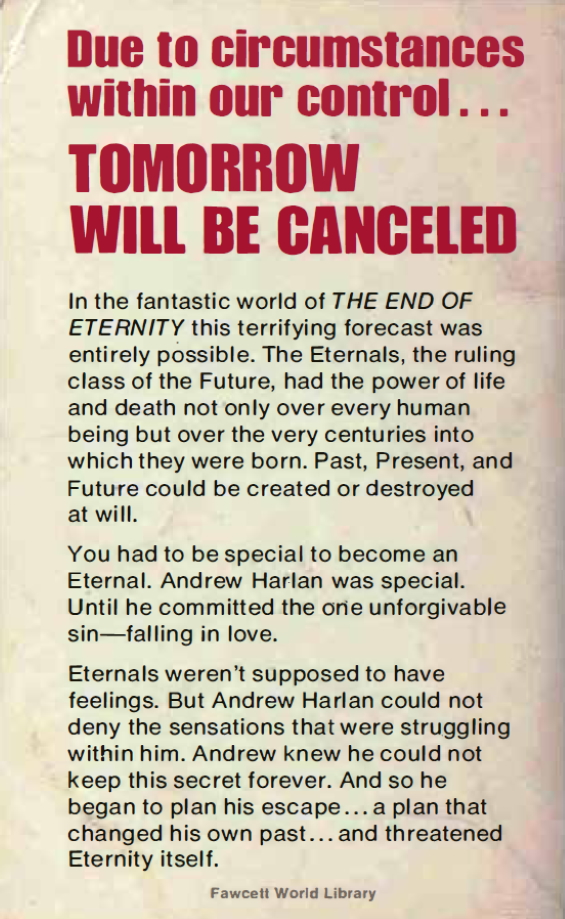
Posted by Jesse Willis



